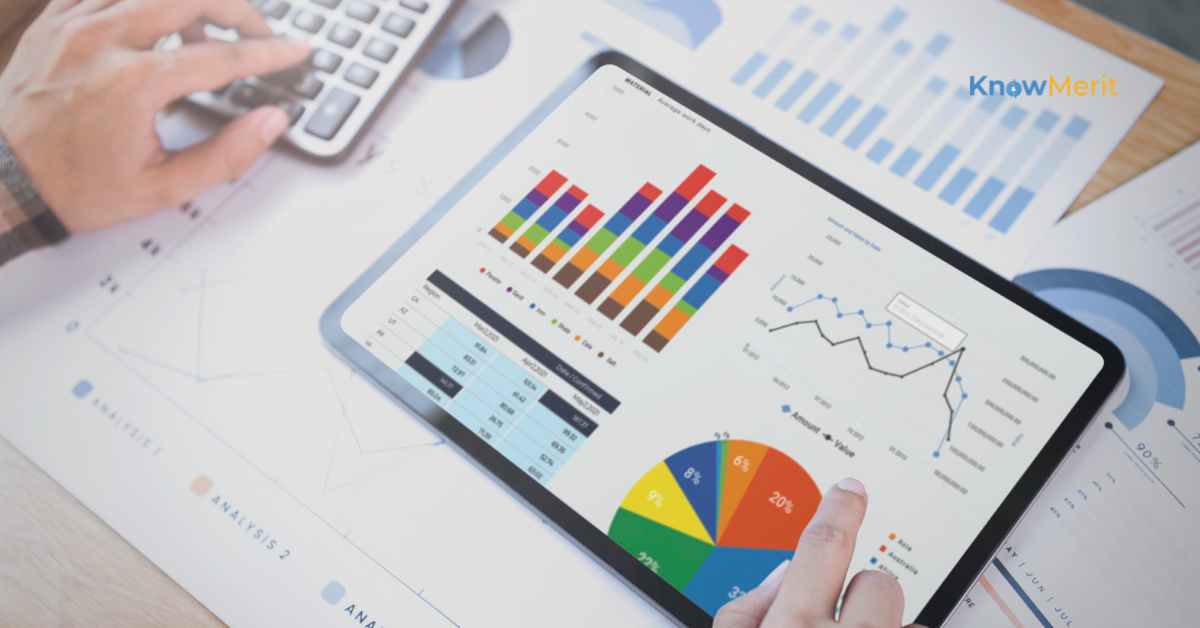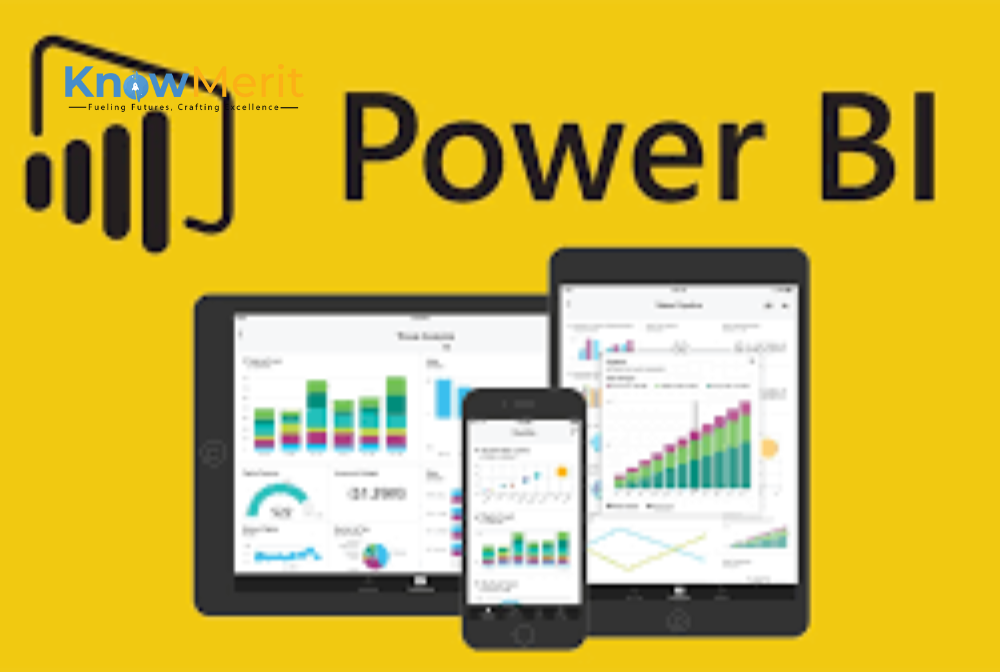What is Data Analysis?
In the age of information overload, data reigns supreme. However, collecting massive amounts of data is only the first step. To truly unlock its potential, we need to understand what it tells us. This is where data analysis comes in.
Data analysis is the process of inspecting, cleansing, transforming, and modeling data to extract valuable insights, inform conclusions, and ultimately, support decision-making. It's like sifting through a mountain of sand to find the hidden gems.
The process can be broken down into several key stages:
1. Data Acquisition: This stage involves identifying relevant data sources, collecting it, and ensuring its accuracy and completeness. Data can be collected from various sources, including internal databases, external surveys, social media platforms, and sensor networks.
2. Data Cleaning: Real-world data is often messy and inconsistent. This stage focuses on identifying and correcting errors, missing values, and inconsistencies to ensure the data is accurate and usable.
3. Data Transformation: Data may need to be transformed into a format suitable for analysis. This might involve converting units, creating new variables, or merging different datasets.
4. Data Exploration: This stage involves getting familiar with the data by analyzing its basic properties, such as central tendency, variability, and patterns. Visualization tools like charts and graphs are often used to explore relationships between variables.
5. Data Modeling: Based on the exploration, data models are built to represent the relationships between variables and predict future trends or outcomes. Different statistical and machine learning techniques are employed for this purpose.
6. Evaluation and Interpretation: The final stage involves evaluating the results of the analysis and interpreting them in the context of the problem being addressed. Insights are extracted, conclusions are drawn, and recommendations are made for further action.
Types of Data Analysis:
There are two main types of data analysis:
- Descriptive Analysis: This type of analysis focuses on summarizing and describing the data. It uses statistical measures like mean, median, and standard deviation to understand the central tendency and variability of the data.
- Inferential Analysis: This type of analysis goes beyond description and uses statistical tests to draw conclusions about a population based on a sample of data. It helps us make predictions about future events or generalize findings to a larger group.
Benefits of Data Analysis:
Data analysis offers numerous benefits across various fields. Here are just a few:
- Improved decision-making: Data-driven decisions are more likely to be successful than decisions based on gut feeling or intuition.
- Increased efficiency and productivity: Analysis can identify inefficiencies and areas for improvement, leading to better resource allocation and increased productivity.
- Enhanced customer understanding: Analyzing customer data can help businesses understand their target audience better, personalize marketing campaigns, and improve customer satisfaction.
- Reduced risk: Data analysis can help identify and mitigate potential risks before they escalate.
- New opportunities: By uncovering hidden patterns and trends, data analysis can help discover new opportunities for growth and innovation.
Conclusion:
Data analysis is a powerful tool that can be used to extract valuable insights from data and drive informed decision-making. As the volume and complexity of data continue to grow, the demand for skilled data analysts will only increase. Whether you're in business, research, or any other field, learning about data analysis can give you a significant edge in today's information-driven world.





